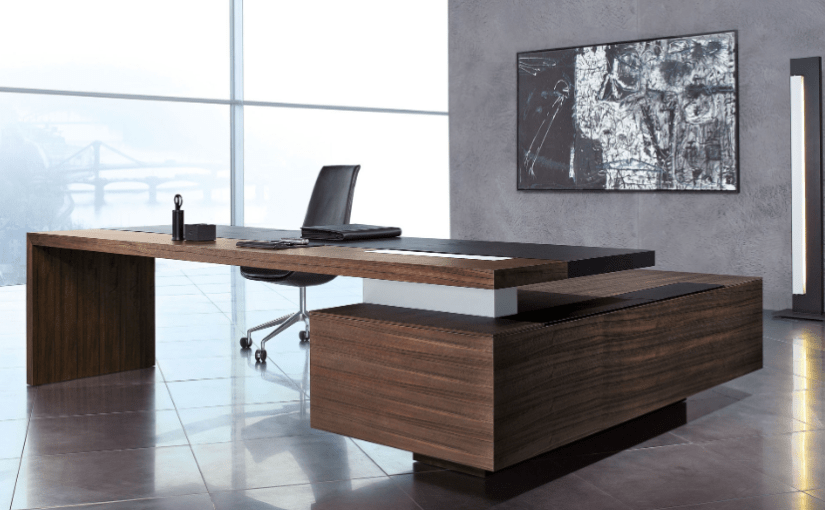A good office chair is an essential piece of furniture for anyone who spends long hours working at a desk. It should provide comfort, support, and adjustability to meet the needs of the user. Here are the key factors that make a good office chair:
- Ergonomics: Ergonomic design is crucial. The chair should support the natural curve of the spine, especially in the lumbar region. It should encourage good posture and reduce the risk of musculoskeletal problems associated with prolonged sitting.
- Adjustability: A good office chair should be highly adjustable to accommodate different body types and preferences. Key adjustable features include:
- Seat Height: The chair should allow users to adjust the seat height to ensure their feet are flat on the floor or on a footrest, with knees at a 90-degree angle.
- Seat Depth: Adjustable seat depth ensures that users can maintain proper back support while allowing for comfortable leg positioning.
- Lumbar Support: Adequate lumbar support maintains the natural curve of the lower spine and prevents slouching.
- Armrests: Adjustable armrests support the arms and shoulders, reducing strain on the neck and shoulders.
- Tilt Mechanism: A good chair should offer different tilt angles and tension adjustments to allow users to recline comfortably.
- Comfortable Cushioning: The seat cushion and backrest should be well-padded and made from high-quality foam or cushioning material. The cushioning should be neither too firm nor too soft, striking a balance between support and comfort.
- Breathable Materials: The upholstery should be made from breathable materials, such as mesh, fabric, or leather, to prevent heat and moisture buildup and enhance user comfort.
- Durability: A good office chair should be built to last. Look for chairs with a sturdy frame, quality materials, and reinforced seams. The base and casters should be robust to withstand daily use.
- Swivel and Mobility: The chair should swivel easily to allow users to access different areas of their workspace without strain. High-quality casters should provide smooth mobility on various floor surfaces.
- Weight Capacity: The chair should have a weight capacity that comfortably accommodates the user’s weight, ensuring stability and safety.
- Easy Maintenance: Consider chairs with upholstery that is easy to clean and maintain. Removable and washable seat covers can be a practical feature.
- Price: While price is a consideration, it’s important not to compromise on ergonomic features and comfort in favor of a lower cost. Investing in a quality office chair can lead to long-term comfort and health benefits.
- Warranty: Check the chair’s warranty to ensure it covers any potential defects or issues that may arise.
- Aesthetics: While not the primary consideration, the chair’s design and aesthetics should complement the office decor and create a professional and inviting workspace.
A good office chair should prioritize comfort and ergonomic support to enhance productivity, reduce discomfort, and promote overall well-being for individuals who spend significant time working at a desk.


